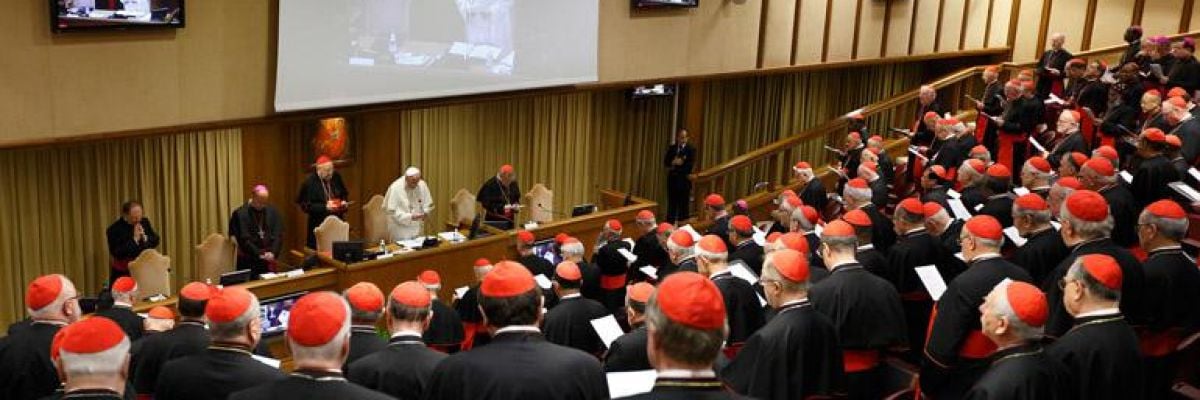
Question:
Answer:
Synodality is related to collegiality. Collegiality refers to the individual authority of each bishop as a successor of the apostles. Each bishop is essentially autonomous and equal (with the exception of the Bishop of Rome). On matters of local governance, one bishop cannot tell another bishop how to run his diocese.
Synodality refers to groupings of bishops. An example would be the United States Conference of Catholic Bishops. According to canon law, national episcopal conferences can set certain laws and practices for their regions above and beyond what an individual bishop can do. However, because these groupings of bishops have no authority outside of each individual bishop’s authority, the group needs to have its authority specifically declared by Church law. Otherwise it carries no weight other than encouragement.
Both methods of Church governance have practical pros and cons.



